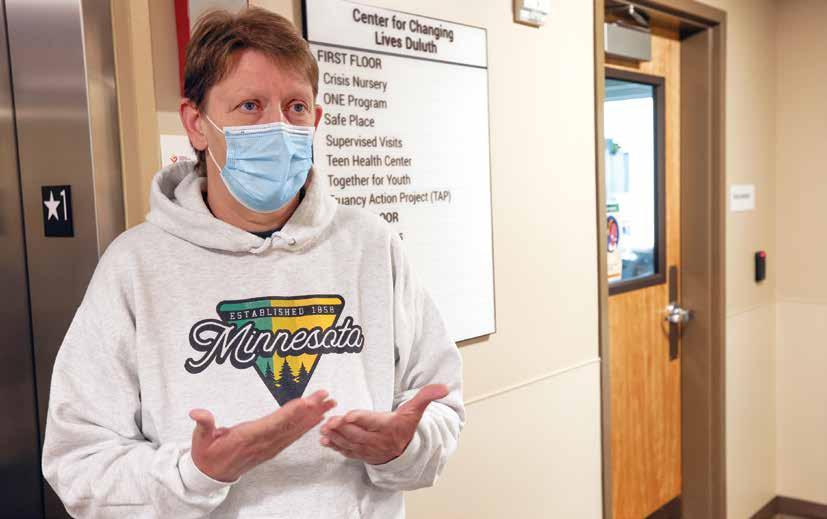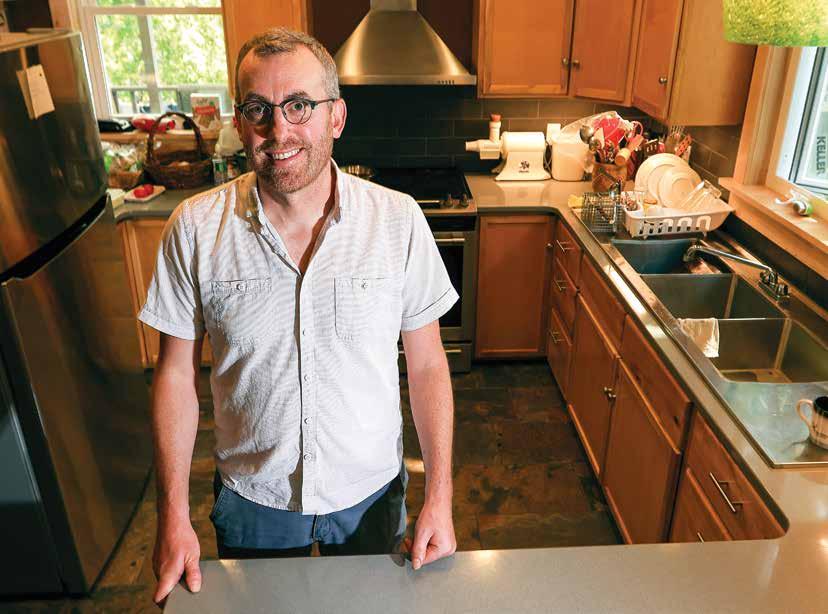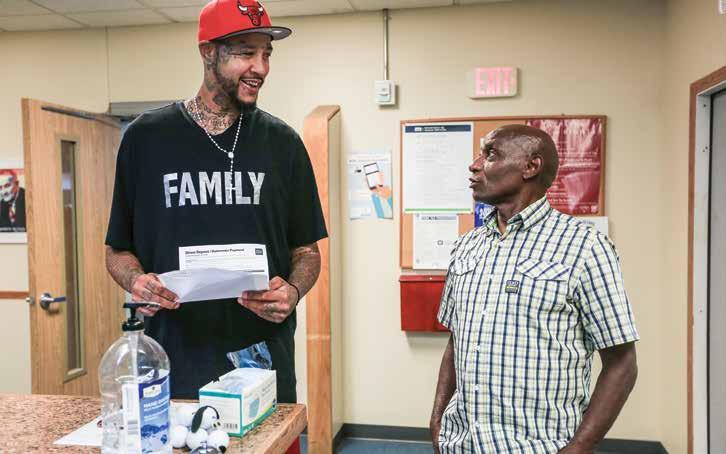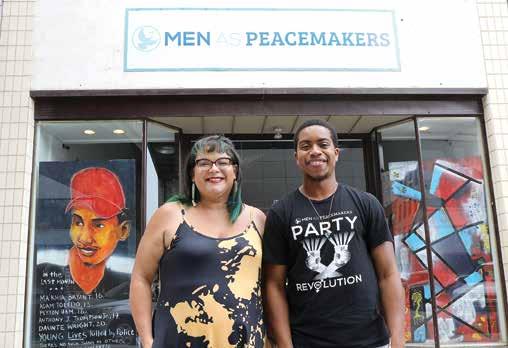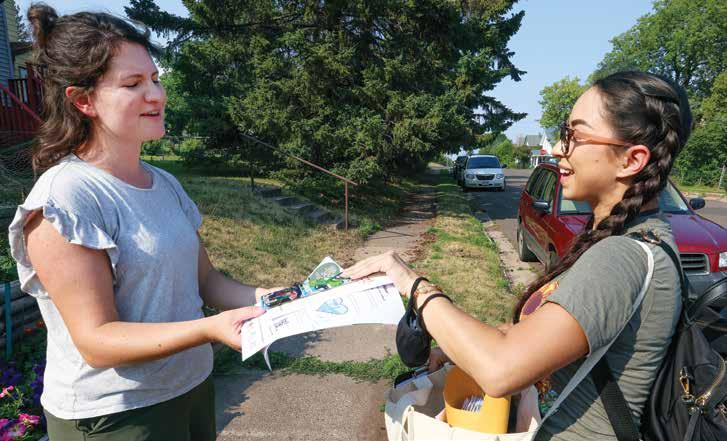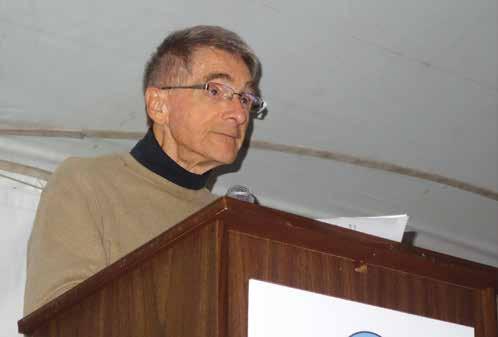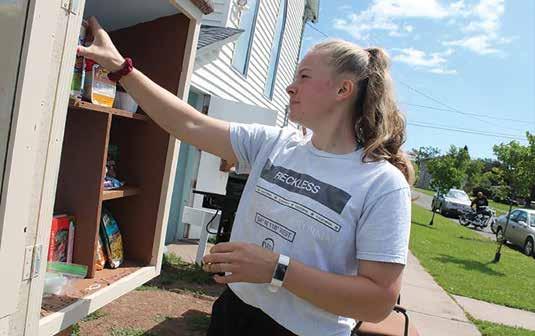
1 minute read
‘Active living is good living’
For 27 years, Eric Larson has dedicated his practice to helping people with disabilities.
By Sara Guymon Duluth News Tribune
After being introduced to the area on vacation at age 13, Larson has loved all of the recreational activities to do. From cycling to canoeing, he found a passion for the outdoors and a love for northern Minnesota.
Larson received a degree in therapeutic recreation from Indiana University. He was encouraged to go into this field after meeting the first therapeutic recreation specialist in Minnesota. After deciding to focus his schooling around it, Larson went on to do an internship at the Essentia Health-Polinsky Medical Rehabilitation Center. After that, he never left the community.
Currently, he is the coordinator and supervisor for the adaptive recreation program at the Courage Kenny Rehabilitation Center. He works directly with volunteers and the community to find ways for people with disabilities to be involved in recreational activities.
“I believe wholeheartedly that active living is good living, and it’s important for everybody to have some form of an outlet for physical activity,” Larson said.
The program partners with recreational spots in Duluth, such as golf courses and Spirit Mountain. They work together to modify their activities into something functionable for a specific person’s needs. These things could include modifying a bike so that it can be pedaled with arms instead of legs, or modifying a kayaking paddle.
“It really is an ongoing kind of partnership with our community,” Larson said. “By partnering with Courage Kenny, they are learning a little bit about the need and the kind of the mechanics necessary for people with disabilities to participate in activities.”
The adaptive recreation program functions primarily with local volunteers. There are about
350 volunteers with only two full-time employees involved across Northeastern Minnesota and Northwestern Wisconsin.
The participants of the program range from age 5 all the way to people in their 90s. The disabilities also range from cerebral palsy and autism to knee replacements.
“I really do get a great amount of satisfaction when I see people really self-actualize and start to reshape their paradigm around what they can do,” said Larson. “The end result of all the other work is super rewarding.” u

